
A Gallery of Vertical Tiling with Dreadnought Tiles House front, House exterior, Cottage style
Here are some of the benefits of hanging drywall vertically: Stronger joints: When drywall is hung vertically, the seams between the sheets are stronger and less prone to cracking. Better fit: Vertical hanging allows the drywall to fit more tightly between the wall studs, reducing the amount of mud and tape required to cover the seams.
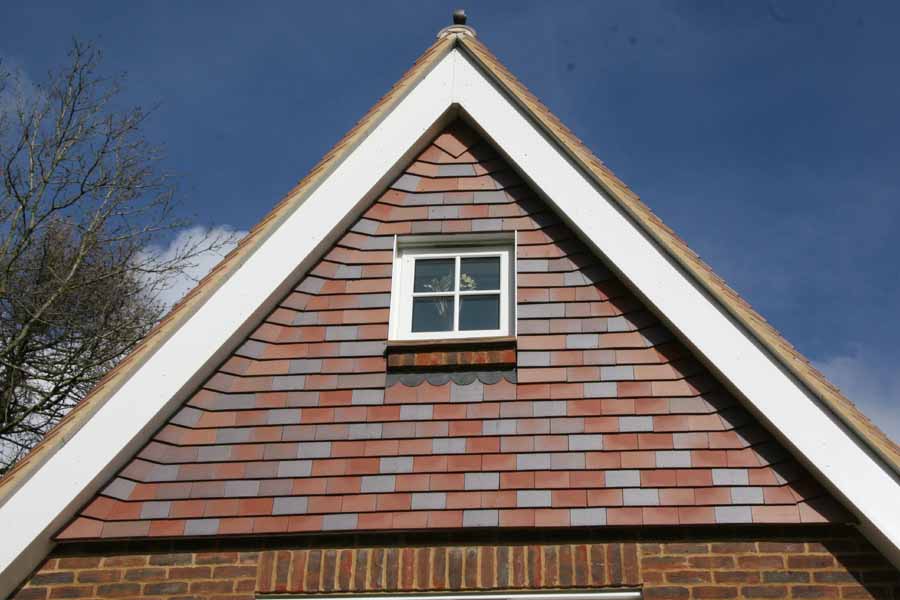
A Gallery of Vertical Tiling with Dreadnought Tiles
Yes, hanging drywall vertically improves work efficiency to a large degree. If you want a sleek wall without the look of patchwork, the vertical orientation of drywall is the way to go. And for a more custom look and lasting result for your interior wall finishing, the vertical orientation is a superior choice.

Tiling to the triangle at front of house DIYnot Forums
Hanging tile cladding (also known as vertical tiles), is the practice of fitting roofing tiles to exterior walls. This finish helps to create a seamless divide between the roof and the fascia of the home. Hanging tile cladding was a popular style for British homes in the late 20th century, with many houses up and down the country still using it.
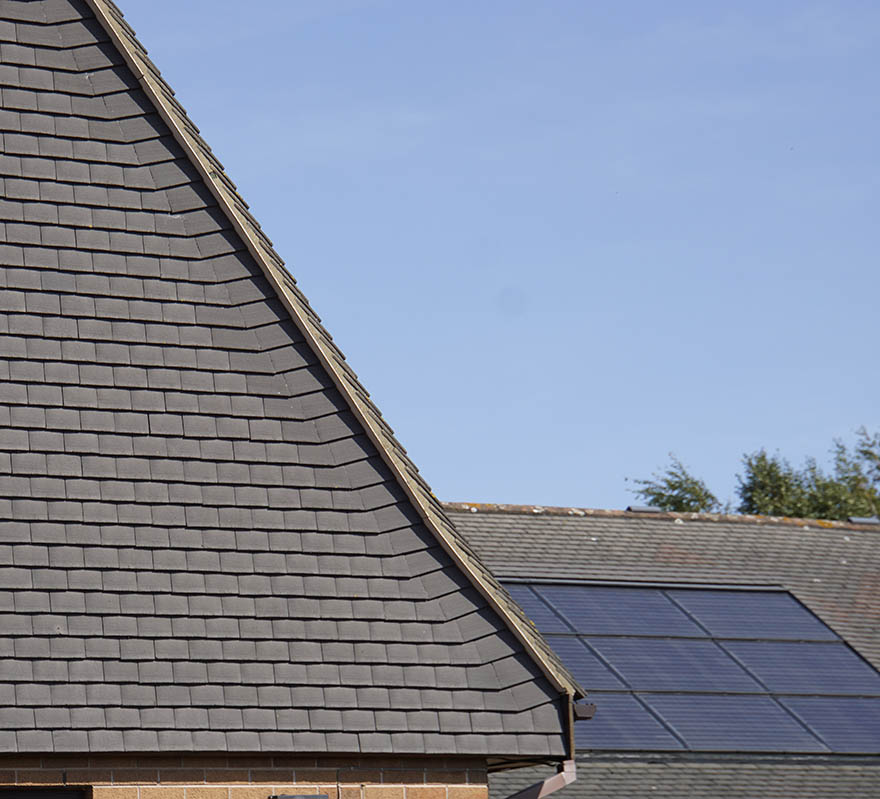
Vertical plain tiling Roofing Cladding & Insulation Magazine (RCI)
One major disadvantage of vertical gardens is the limited root space available for plants. In vertical systems, the plants are typically grown in containers or pockets attached to a vertical structure. As a result, the root systems of the plants can be restricted, which may inhibit their growth and overall health.
Building Guidelines Tiling, Slating
Large format tiles are a type of ceramic or porcelain tile that typically measures 12 inches by 24 inches or larger. They are also referred to as "slab tiles" due to their large size and thin profile. These tile sizes are increasingly popular for both residential and commercial flooring applications due to their sleek and modern appearance, as well as their durability and ease of maintenance.
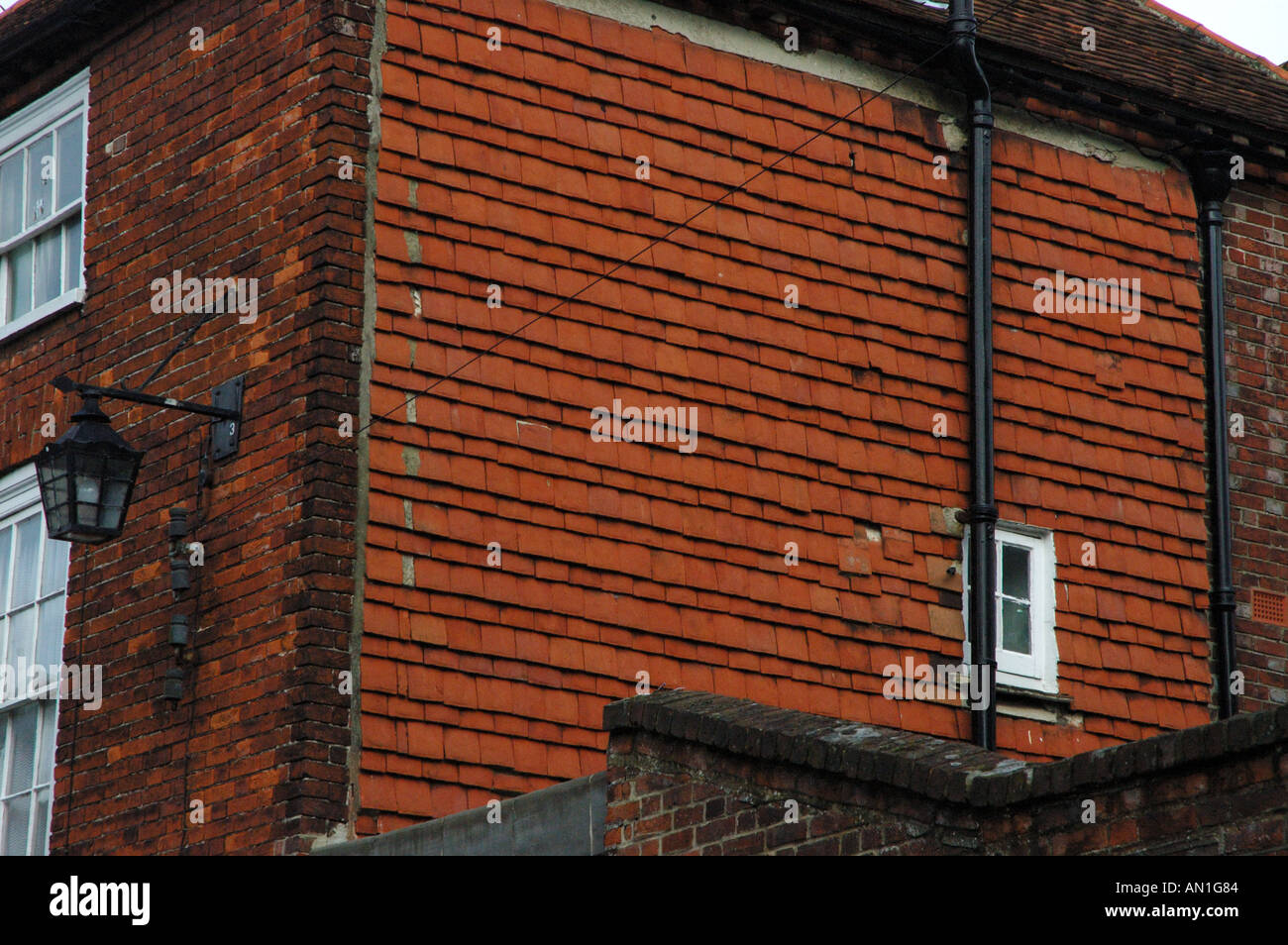
Slipped tile hires stock photography and images Alamy
Vertical tiling guide. Setting out. Tiling to eaves & windows. Design Details to Abutments. Design detail to mansard, monopitch, timber frame & dormer side. Design Detail to Window Frames. Internal and External Corners. Verges and Winchester Cutting. Sussex Cutting & Soldier Course.
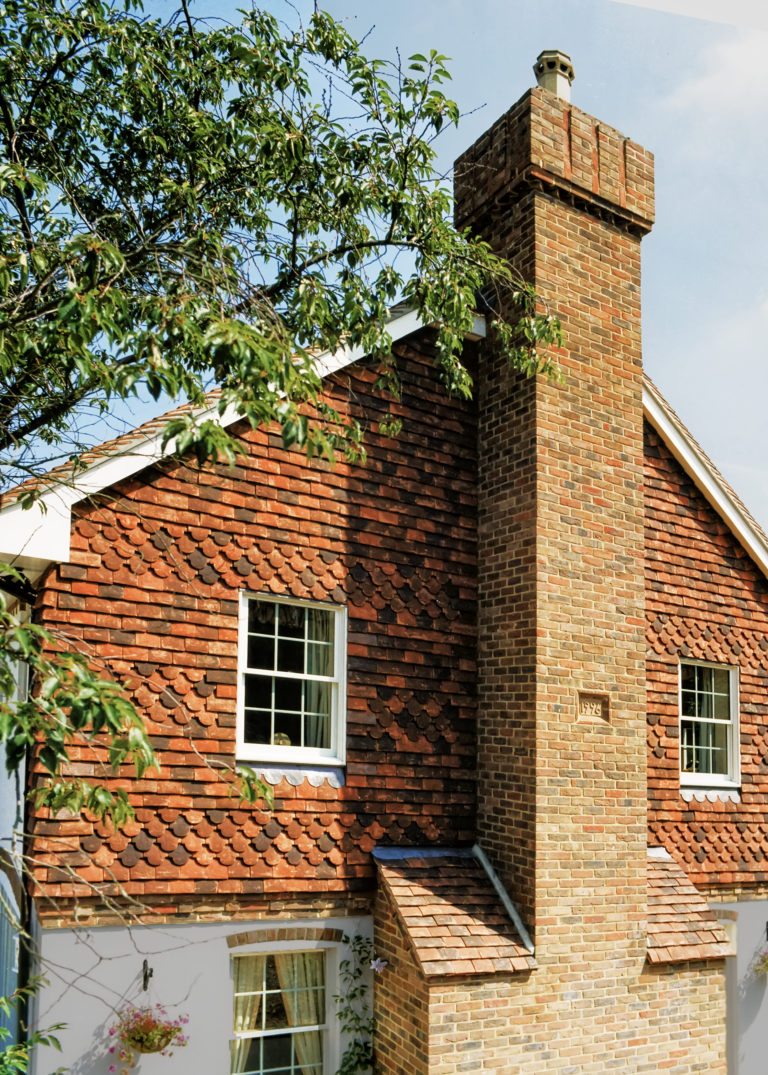
Handmade Clay Hanging Tiles Build It
The advantages and disadvantages of horizontal and vertical tile layouts must be carefully considered when deciding which type to choose. Horizontal tiles create a wider look, making the room appear larger. However, it may be harder to hide any uneven surfaces or walls with this type of layout. On the other hand, vertical tiles can help draw.
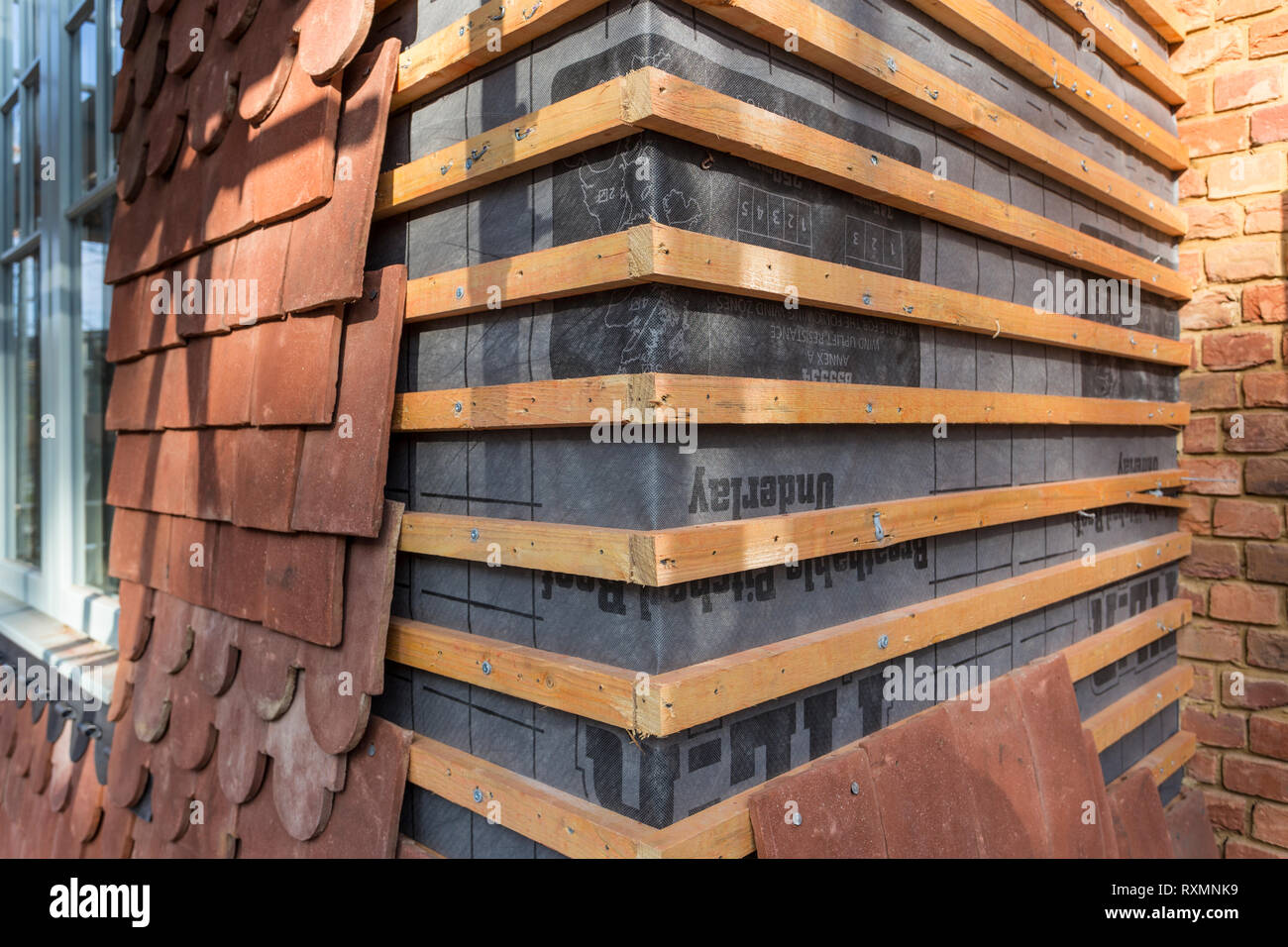
Fancy flashing on roof hires stock photography and images Alamy
Tiling to: Tiled Window Sill. Finish the battens below the window opening, so that the top tile course can fit underneath the window sill. Then, fix the creasing tiles using the broken bonded method onto a bed of mortar. This will be 1:3 cement:sand. Make sure the creasing tiles overhang the vertical tiles by 38-50mm.

Other Roofline Services Farnham & South East UK Roofline Solutions
A short history. The mellow colours and gentle unevenness of vertically hung tiling, which comprises plain roof tiles or decorative versions, provides an attractive cladding for many old walls and other upright surfaces. Initially devised to protect timber-frame buildings from bad weather, particularly driving rain, the use of vertical tiling.

Detail Library New Details for September
BS 5534: the British Standard Code of practice for pitched roofs and vertical cladding defines a wall as any surface at a pitch of 75 degrees or greater from the horizontal. It also states that for walling, the headlap for double lapped tiles should be no less than 35mm, meaning that standard size plain tiles, at 265mm long, should be laid at a.
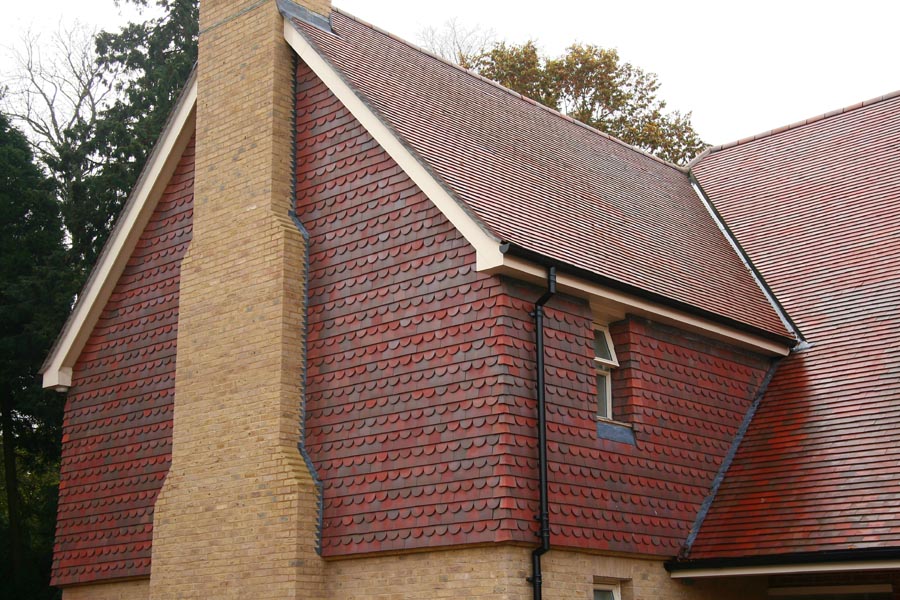
A Gallery of Vertical Tiling with Dreadnought Tiles
When it comes to slate tile hanging it is best to use a smaller size slate (405 x 205mm is often recommended) as they are less likely to to be lifted in high winds than longer slates. These are then head nailed to 50 x 25mm battens to overlap two slates below. In addition to plain tiles, feature tiles are often mixed in to add interest to the.
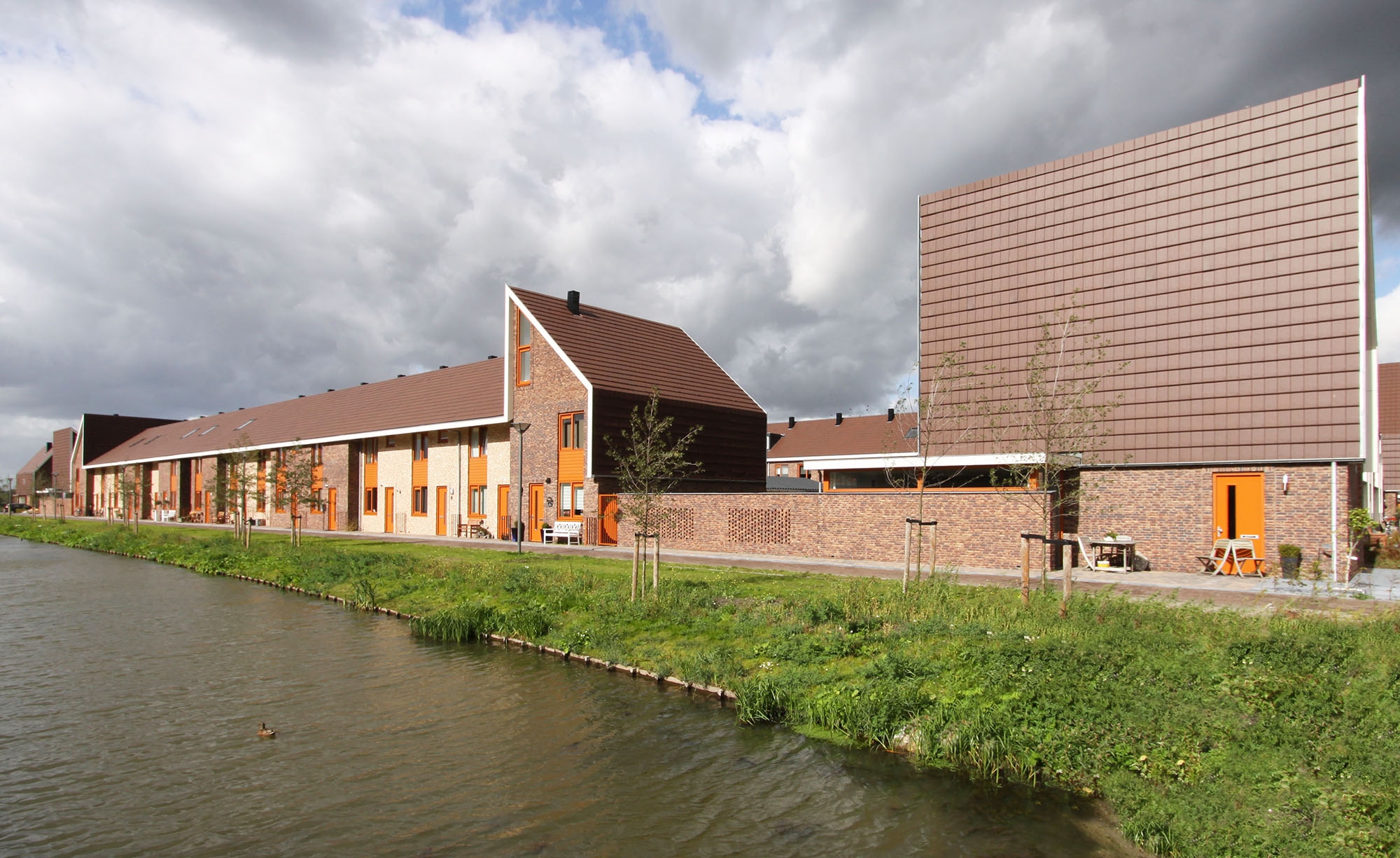
Vertical Tile Cladding
For the purposes of technical design, BS 5534: the British Standard Code of practice for pitched roofs and vertical cladding defines a wall as any surface at a pitch of 75 degrees or greater from the horizontal. It also states that for walling, the headlap for double lapped tiles should be no less than 35mm, meaning that standard size plain.
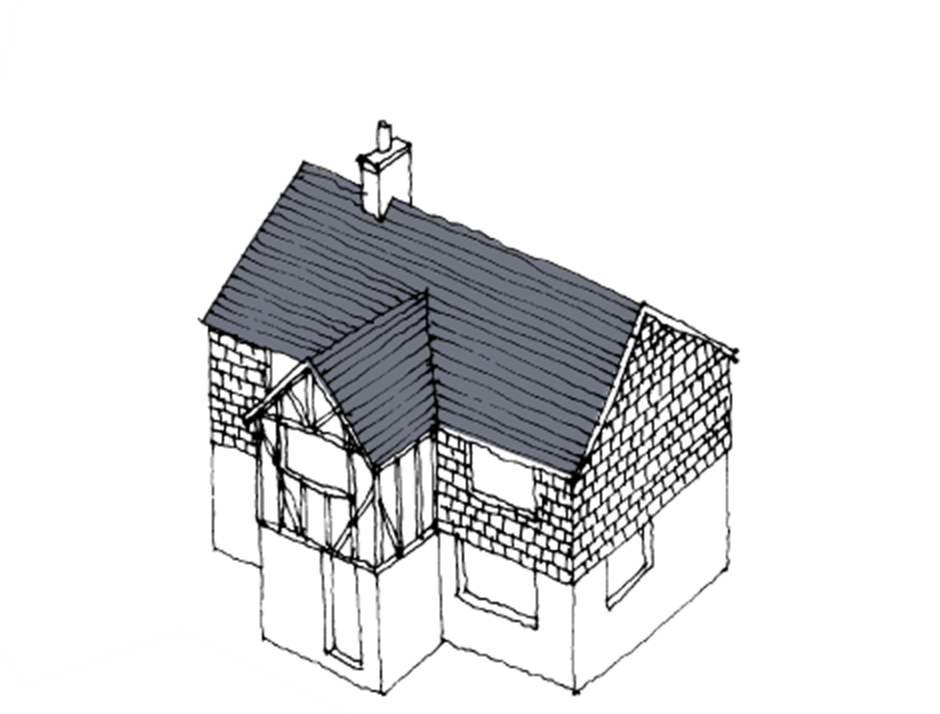
Appropriate Use of Materials Essex Design Guide
Disadvantages of Using Thinset for Backsplash. Slow curing time. Thinset takes a long time to dry which makes it possible for vertically mounted tiles to sag during this period. Difficult to remove. To remove the backsplash with thinset, a lot of effort and considerable labor is needed to demolish that area.
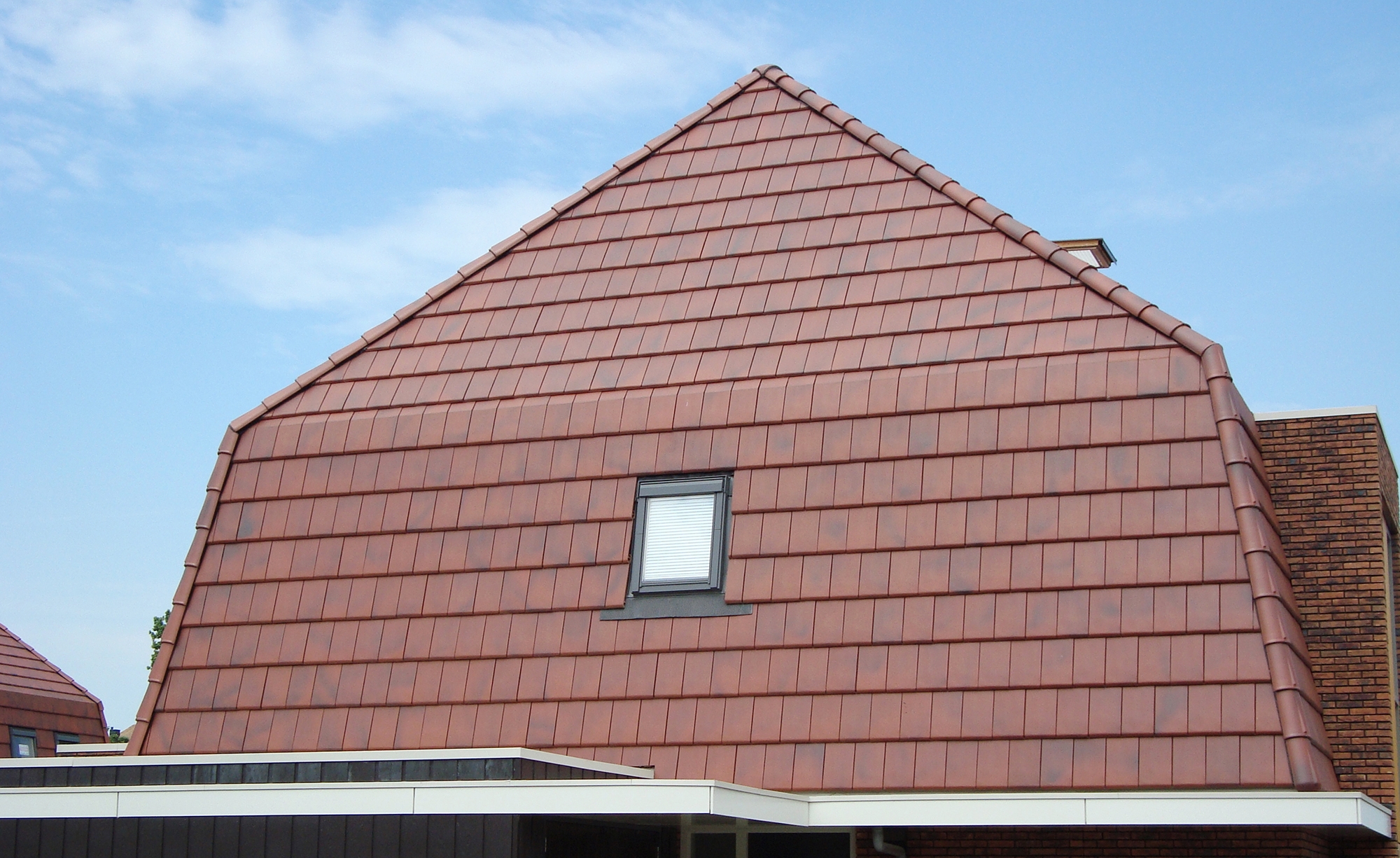
Vertical Tile Cladding
Pro #2: Hanging Drywall Vertically Is Faster Than Horizontal. The main advantage of hanging drywall vertically is that it's faster. Hanging horizontally takes more time and effort. Hanging the dried walls vertically also makes measuring easier. With a horizontal layout, each board needs to be measured along its long edge which can be tricky.
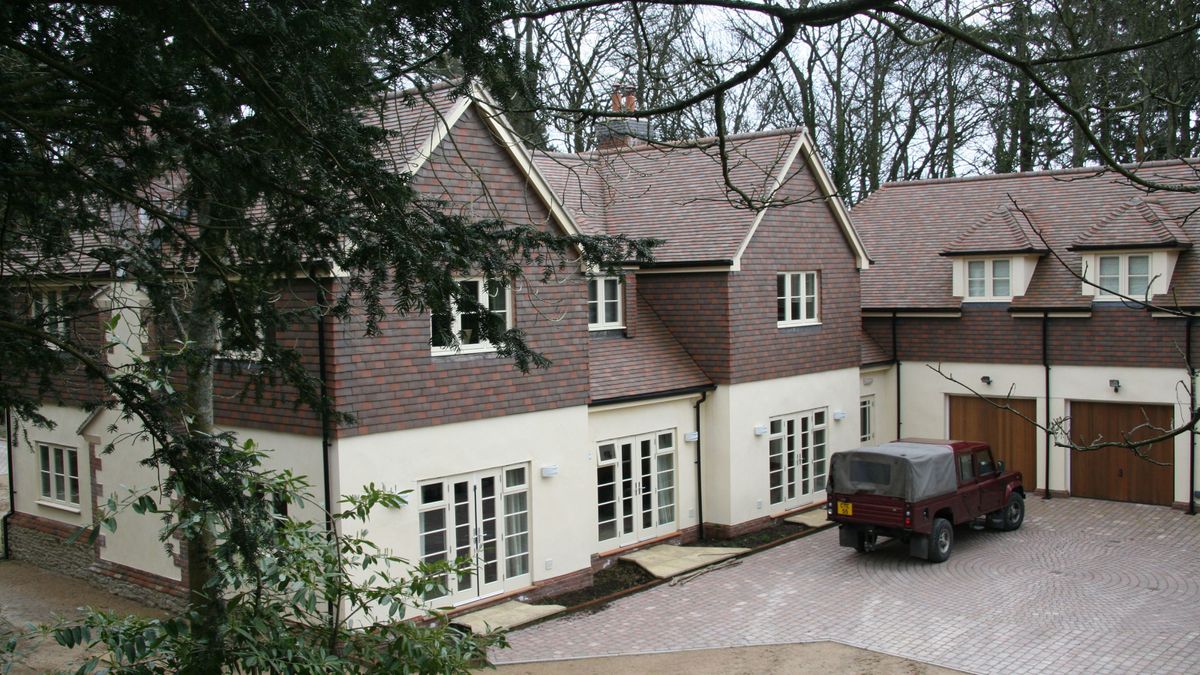
Tile Hanging A Guide to Cladding a Home with Tiles Homebuilding
Our understanding of tiles would not be complete without knowing their disadvantages fully well, too. Short life span: Tiles typically last four to five years. Fragile: These being light is wonderful. But, that advantage has its disadvantages attached. If anything hard fell of what is a tile floor or wall, it would break upon impact.
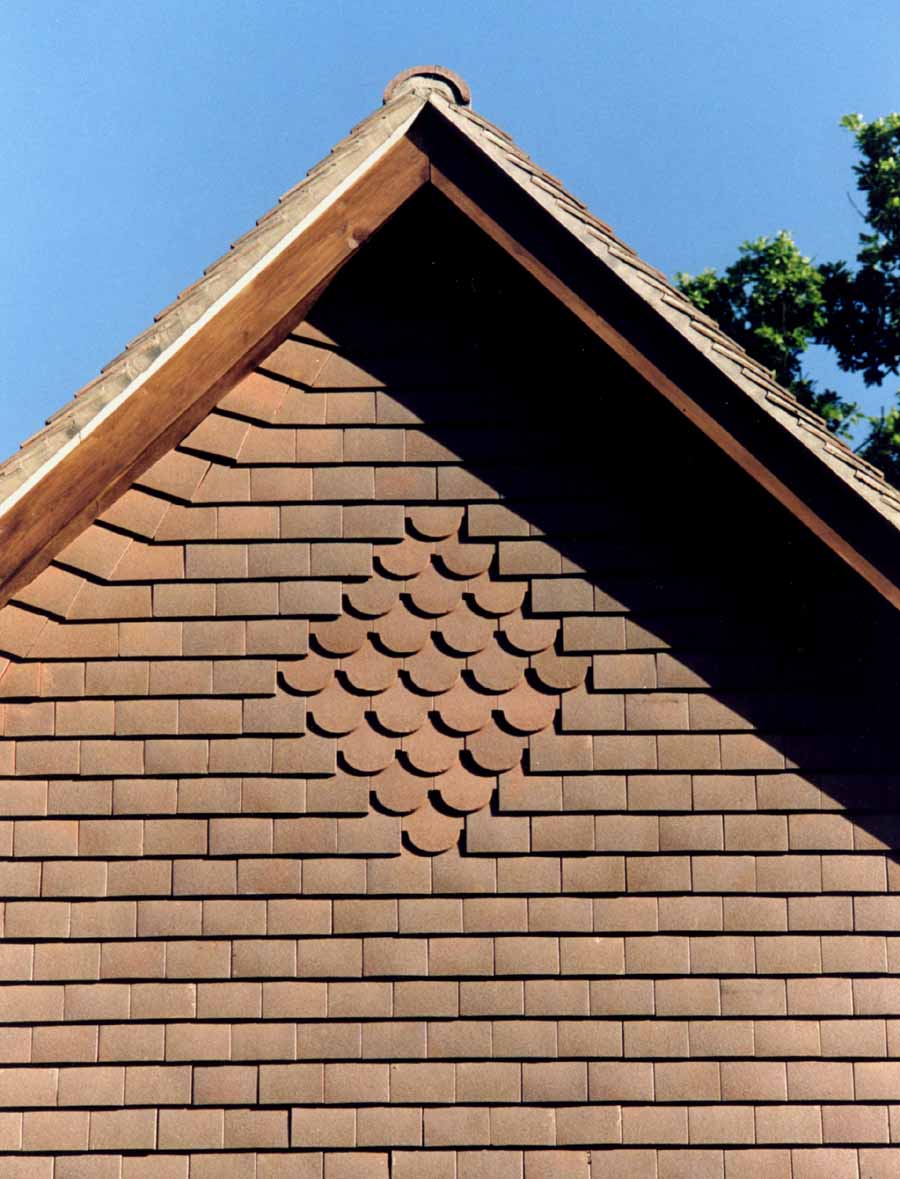
A Gallery of Vertical Tiling with Dreadnought Tiles
The frost resistance criteria may be moderated for vertical hung tiles especially where the wall is protected by wide eaves overhanging. Concrete tiles for vertical wall hanging should be to BS EN 490. The standard for natural slates is BS EN 12326. The quality or durability of different types of natural slates are not readily distinguished.